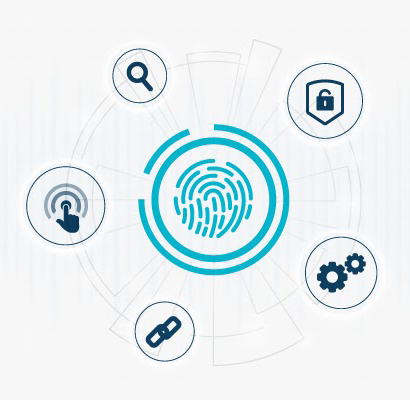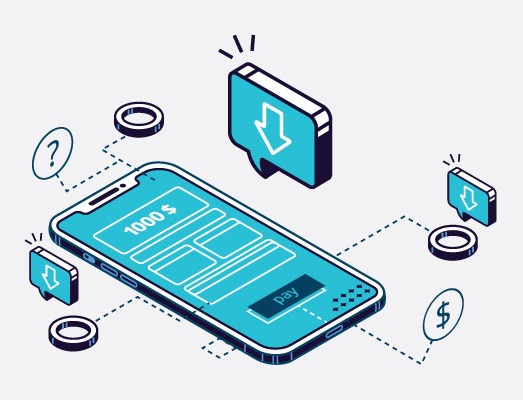Customer Due Diligence (CDD)
The second part of KYC is a bit more nuanced. While conducting due diligence, banks and other financial institutions try to predict the types of transactions a customer will make. This helps them in detecting suspicious behavior, assign the customers a risk rating that will determine how much and how often an account is monitored.
To fulfill CDD, banks may ask for a lot more information from customers in comparison to CIP. The information may include a source of funds, purpose of the account, occupation, financial statements, banking references, description of business operations, etc. According to the Patriot Act, there’s no standard procedure for conducting due diligence which means banks can use their own methods.
Following due diligence can help banks mark certain activities such as regular wire transfers, international transactions, and interactions with off-shore financial institutions. If an account is flagged as high risk, it’ll be monitored more frequently and the customer may be under a check.
With the help of DIRO’s award-winning document verification technology, banks can verify identity, balance, liabilities, transactions, income, investments, and assets with ease.








